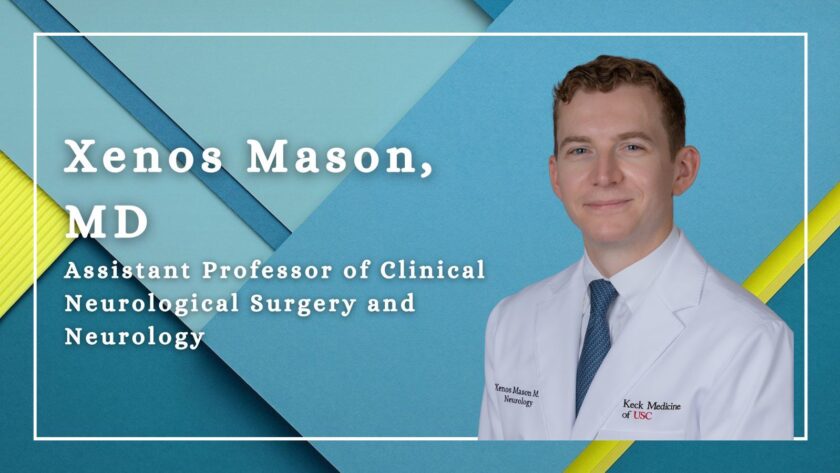Interview with Xenos Mason, MD, KL2 award recipient
A recipient of the SC CTSI Mentored Career Development in Clinical and Translational Science award

Applications for the new cohort of KL2 scholars are due on September 16, 2022. For more details on how to apply, please visit this website: https://sc-ctsi.org/training-education/mentored-career-development-in-clinical-and-translational-science-program
We sat down (virtually!) with Xenos Mason, MD, a recipient of the SC CTSI Mentored Career Development in Clinical and Translational Science award. We hear about his experiences as a KL2 Scholar thus far, and what he hopes to learn. We look forward to seeing all that Dr. Mason accomplishes in the coming years!
Tell us a little bit about your experience so far in the KL2 program.
I am entering the program this month, so thus far I have participated in some pre-program coursework and many discussions with my mentorship team. Even so, it’s clear that the organization of the program, and the specific focus on mentorship will be very valuable as I start my career.
How did you first learn about the program?
Dr. Brian Lee, a past graduate of the program, emailed me about the application shortly after I started at USC.
What initially got you interested in starting this program?
During my clinical fellowship at UCLA, I completed a certificate program through their CTSI and was part of a community of early-career physicians who were benefitting from organized mentorship and feedback on research. The MCD program’s multifaceted focus on research, education, and mentorship was exactly what I needed after coming to a new institution. The program leadership, and the CTSI administration were also impressive, in particular their interfacing with other research administration programs at USC.
Tell us about your own background as a researcher and neurologist. What drove you to specialize in movement disorders?
“Movement disorders” is a field within neurology that is relatively new. For this reason, the community within this subspecialty is smaller and extremely collegial. The research questions are also crucially important, and enticingly complex. The treatments at our disposal are incredible, and in particular Deep Brain Stimulation and neuromodulation technologies grant us a truly unique way to study the human brain. Most importantly though, caring for people with Parkinson’s disease is so very rewarding. It gets me out of bed in the morning.
What do you think that others can gain from this program?
It’s not easy to fill a hole in your training or experience once you start medical practice. This program is a way to do that. I hope and expect it will set me on a path of true academic independence.
What has been the most rewarding part of being a part of the KL2 program?
Thus far, meeting my colleagues in the program and establishing a mentorship structure has been wonderful. I feel adopted into a community.
The USC Deep Brain Stimulation Center’s Instagram page can be reached @keckdbs and Dr. Mason’s Twitter page can be found @xenosmason.



